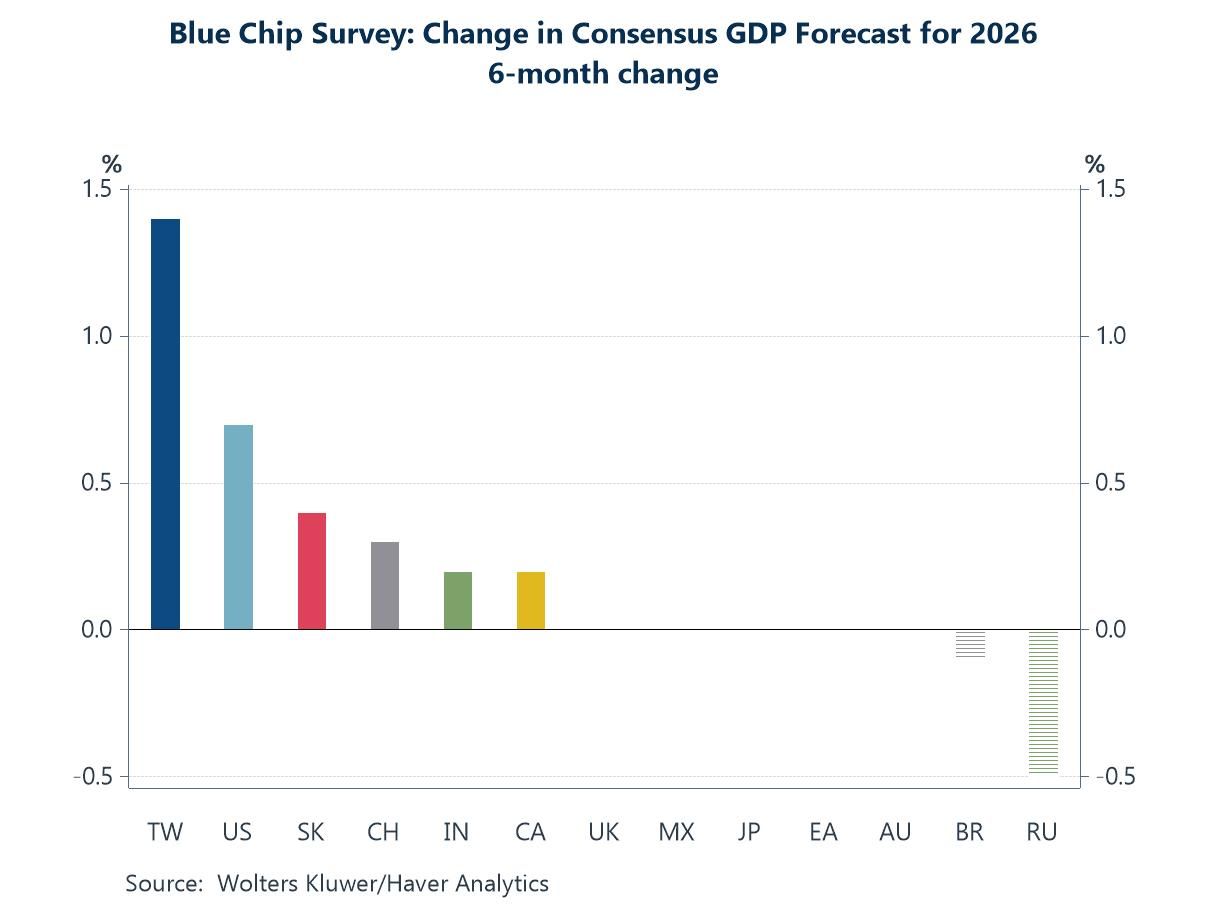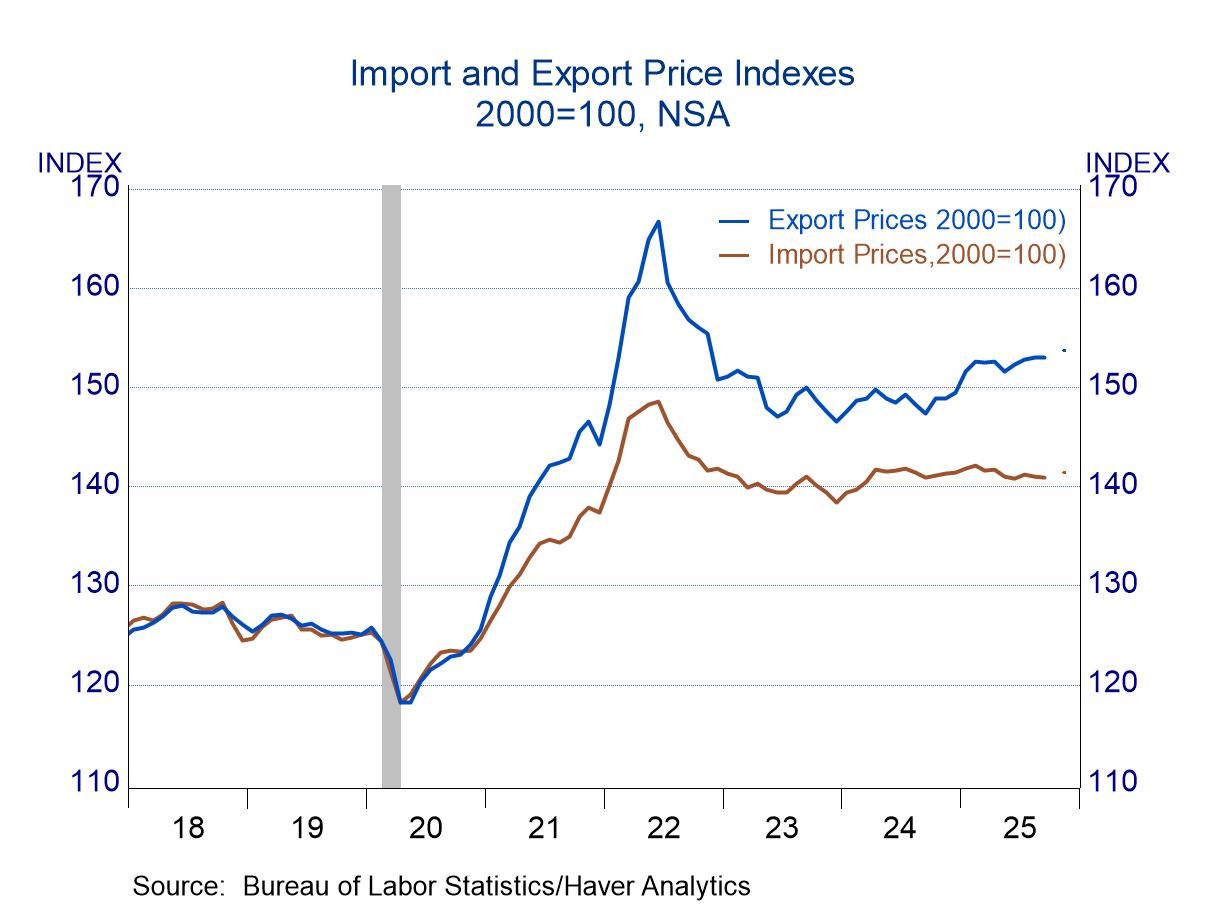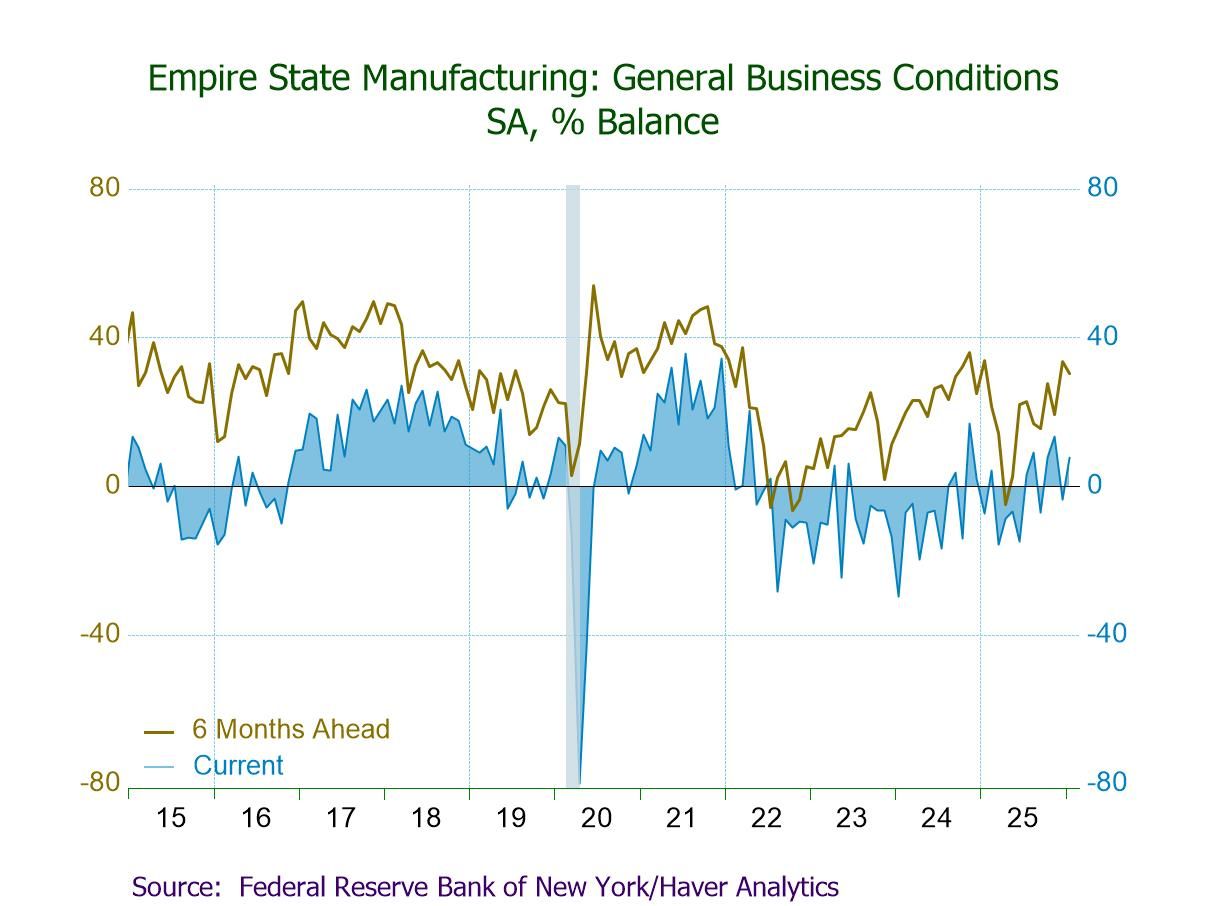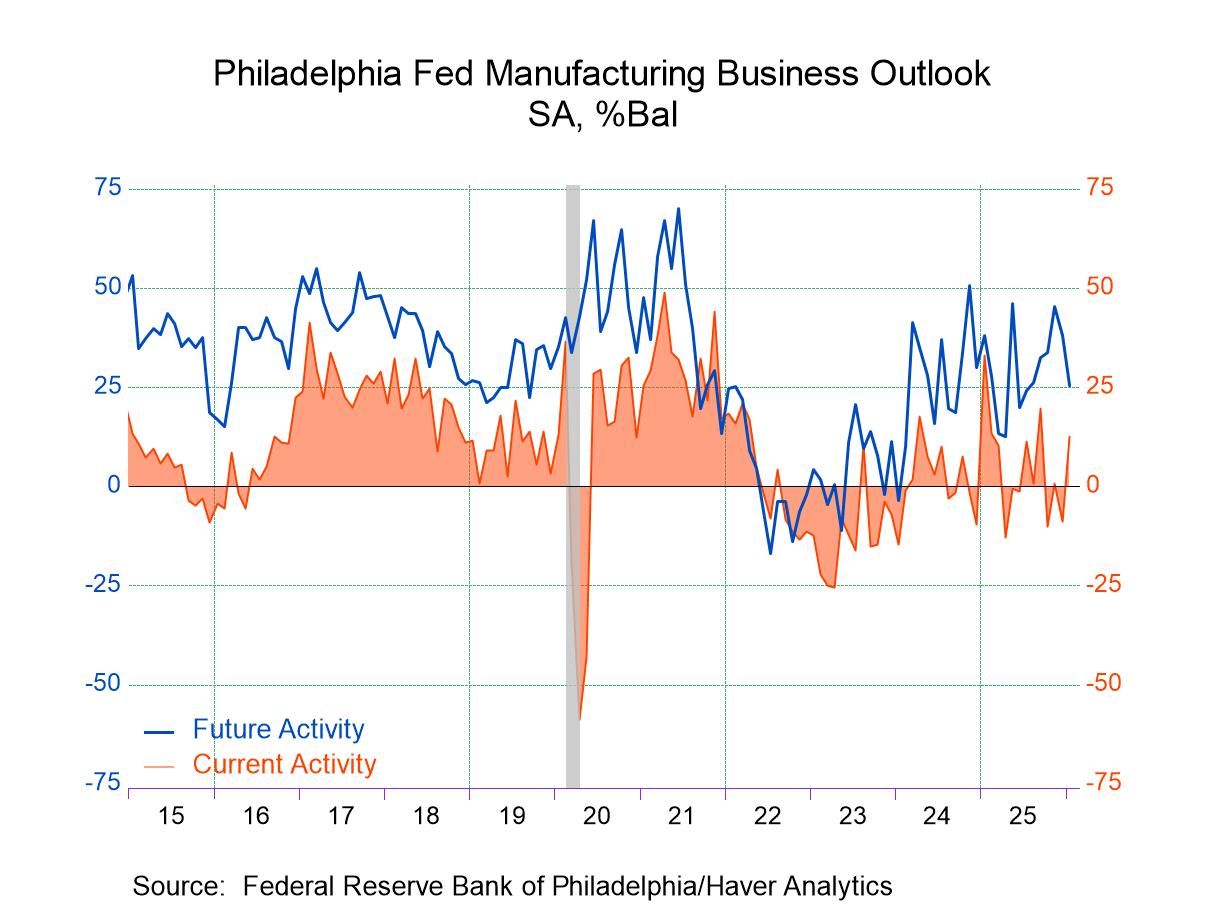 Global| Apr 08 2009
Global| Apr 08 2009U.S. Weekly Mortgage Applications Jump Higher As Refi's More Than Double
by:Tom Moeller
|in:Economy in Brief
Summary
The Mortgage Bankers Association reported another increase in mortgage applications. The 4.7% w/w increase last week pulled them up by nearly three-quarters from the year ago level and to nearly their highest for this year. Fueled by [...]
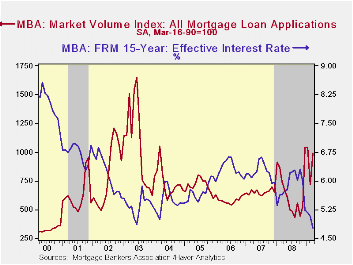 The Mortgage
Bankers Association reported another increase in mortgage applications.
The 4.7% w/w increase last week pulled them up by nearly three-quarters
from the year ago level and to nearly their highest for this year.
The Mortgage
Bankers Association reported another increase in mortgage applications.
The 4.7% w/w increase last week pulled them up by nearly three-quarters
from the year ago level and to nearly their highest for this year.
Fueled by lower interest rates, the index of applications to refinance a home mortgage again rose. The moderate 3.2% w/w increase pulled them up by more than double the year ago level.
Returning to the 2003 low,
the effective interest rate on a conventional 15-year mortgage fell to
4.73% week-to-week. For a 30-year mortgage, rates held near their
recent lows at 4.93%. Interest rates on 15- and 30-year mortgages are
closely correlated (>90%) with the rate on 10-year Treasury
securities.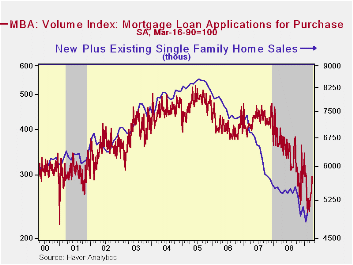 For an adjustable 1-Year mortgage the rate has been fairly
stable this year near 6.25% but the rate still was down sharply from
the 7.07% peak reached this past Fall.
For an adjustable 1-Year mortgage the rate has been fairly
stable this year near 6.25% but the rate still was down sharply from
the 7.07% peak reached this past Fall.
Mortgage applications for purchase also rose last week, but the 11.5% w/w gain still left them down by one-quarter from last year. Nevertheless, some sign of life in home purchases may be evident in a 25% increase in applications from the absolute lows of this past February. That life, however, has yet to translate into material gains in the home sales figures. Sales of new plus existing single family homes in February only recovered a sharp January decline. They remained near the cycle low and near the lowest since 1997.
During the last ten years there has been a (negative) 79% correlation between the level of applications for purchase and the effective interest rate on a 30-year mortgage. Moreover, during the last ten years there has been a 61% correlation between the y/y change in purchase applications and the change in new plus existing single family home sales.
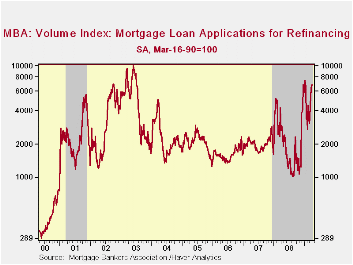 The figures
for weekly mortgage applications are available in Haver's SURVEYW
database.
The figures
for weekly mortgage applications are available in Haver's SURVEYW
database.
The Mortgage Bankers Association surveys between 20 to 35 of the top lenders in the U.S. housing industry to derive its refinance, purchase and market indexes. The weekly survey covers roughly 50% of all U.S. residential mortgage applications processed each week by mortgage banks, commercial banks and thrifts. Visit the Mortgage Bankers Association site here.
Recession or depression? from the Federal Reserve Bank of St. Louis is available here.
Explaining trends in wages, work and occupations from the Federal Reserve Bank of Chicago can be found here.
| MBA Mortgage Applications (3/16/90=100) | 04/03/09 | 03/27/09 | Y/Y | 2008 | 2007 | 2006 |
|---|---|---|---|---|---|---|
| Total Market Index | 1,250.6 | 1,194.4 | 72.4% | 642.9 | 652.6 | 584.2 |
| Purchase | 297.7 | 268.0 | -22.6% | 345.4 | 424.9 | 406.9 |
| Refinancing | 6,813.5 | 6,600.1 | 150.1% | 2,394.1 | 1,997.9 | 1,634.0 |
Tom Moeller
AuthorMore in Author Profile »Prior to joining Haver Analytics in 2000, Mr. Moeller worked as the Economist at Chancellor Capital Management from 1985 to 1999. There, he developed comprehensive economic forecasts and interpreted economic data for equity and fixed income portfolio managers. Also at Chancellor, Mr. Moeller worked as an equity analyst and was responsible for researching and rating companies in the economically sensitive automobile and housing industries for investment in Chancellor’s equity portfolio. Prior to joining Chancellor, Mr. Moeller was an Economist at Citibank from 1979 to 1984. He also analyzed pricing behavior in the metals industry for the Council on Wage and Price Stability in Washington, D.C. In 1999, Mr. Moeller received the award for most accurate forecast from the Forecasters' Club of New York. From 1990 to 1992 he was President of the New York Association for Business Economists. Mr. Moeller earned an M.B.A. in Finance from Fordham University, where he graduated in 1987. He holds a Bachelor of Arts in Economics from George Washington University.



